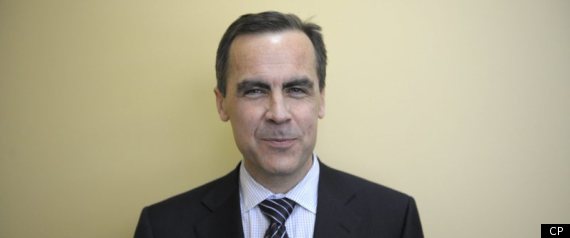MONTREAL - A Montreal university student was detained at the U.S. border, held for several hours, interrogated, had his personal belongings searched and saw his computer confiscated for over a week.
What caught the authorities' attention? His doctoral research on Islamic studies, he says.
In a case that has attracted media attention in the U.S., Pascal Abidor has become embroiled in a drawn-out legal battle with the American government — and a poster child for civil-rights advocates defending the right to privacy and due process.
Abidor, a 28-year-old American and French dual citizen, was returning by train to Brooklyn in May 2010 when a U.S. Customs and Border Protection agent stopped him at the border in Champlain, N.Y.
The agent turned on Abidor's computer and found photos of rallies by the Hamas militant group. He says he explained that he had downloaded them from Google as part of his McGill University doctoral dissertation on the modern history of Shiites in Lebanon.
The agent also saw stamps in his passport that showed he had travelled between Jordan and Lebanon.
What caught the authorities' attention? His doctoral research on Islamic studies, he says.
In a case that has attracted media attention in the U.S., Pascal Abidor has become embroiled in a drawn-out legal battle with the American government — and a poster child for civil-rights advocates defending the right to privacy and due process.
Abidor, a 28-year-old American and French dual citizen, was returning by train to Brooklyn in May 2010 when a U.S. Customs and Border Protection agent stopped him at the border in Champlain, N.Y.
The agent turned on Abidor's computer and found photos of rallies by the Hamas militant group. He says he explained that he had downloaded them from Google as part of his McGill University doctoral dissertation on the modern history of Shiites in Lebanon.
The agent also saw stamps in his passport that showed he had travelled between Jordan and Lebanon.



















